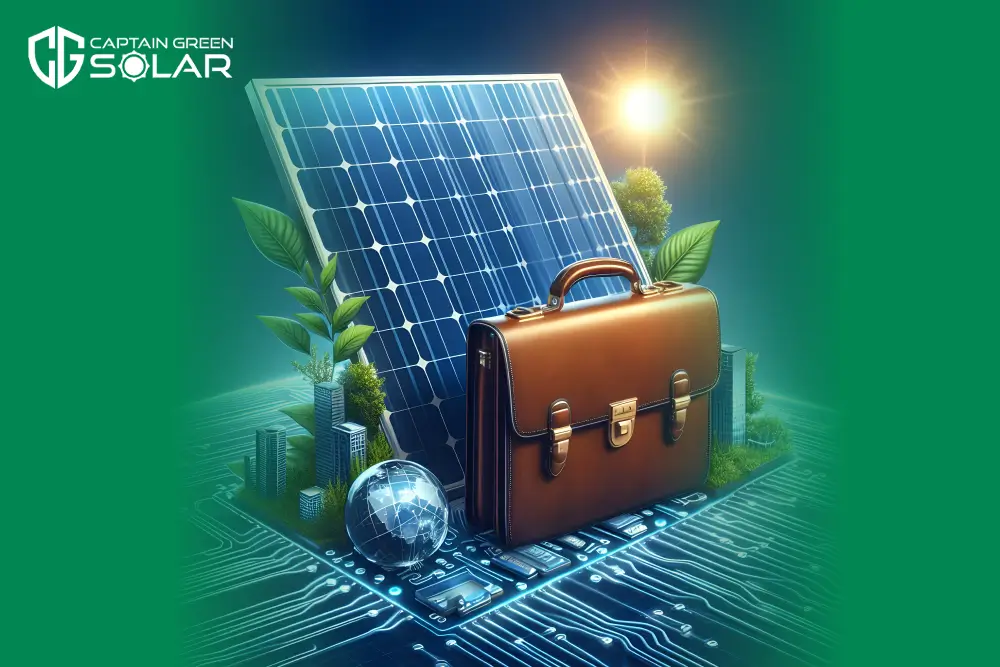ENTER YOUR POSTCODE TO UNLOCK SPECIAL

Solar energy is revolutionizing power generation across developing economies, offering a sustainable and cost-effective alternative to traditional fossil fuels. Here’s an exploration of how solar energy is transforming these regions.
In many developing countries, a significant portion of the population lacks access to reliable electricity. Solar energy provides an accessible solution, particularly for remote and rural areas where extending the grid is economically unfeasible. By deploying solar panels, communities can gain access to electricity for lighting, cooking, and communication, significantly improving the quality of life.
The solar industry is a significant driver of economic growth and employment. The installation, maintenance, and manufacturing of solar panels create numerous jobs. This not only stimulates local economies but also provides training and skills development opportunities for workers, helping to build a more skilled workforce.
Solar energy can drastically reduce energy costs for both individuals and businesses. Once installed, solar panels generate free electricity from sunlight, leading to significant savings on energy bills. This is particularly beneficial in regions where electricity costs are high or where households and businesses rely on expensive and polluting diesel generators.
Access to reliable electricity can have profound impacts on health and education. Solar-powered health clinics can operate more effectively, storing vaccines safely and running essential medical equipment. Schools with solar power can provide better learning environments, with lighting for evening classes and the ability to use electronic educational tools.
Developing economies often face severe environmental challenges, including air pollution and deforestation. Solar energy offers a clean alternative, reducing reliance on fossil fuels and decreasing greenhouse gas emissions. This contributes to global efforts to combat climate change and helps protect local environments.
Solar energy can enhance energy independence and security by reducing reliance on imported fuels. This is particularly important for developing economies that may be vulnerable to fluctuating global energy prices and supply disruptions. With abundant sunlight, these countries can harness a locally available resource to meet their energy needs.
Various innovative financing models are making solar energy more accessible in developing economies. Pay-as-you-go (PAYG) schemes allow households to pay for solar energy in small, manageable installments, like how they would pay for mobile phone services. This model makes solar energy affordable for low-income families and promotes wider adoption.
International organizations and governments are increasingly supporting solar energy projects in developing countries. Initiatives like the International Solar Alliance and funding from institutions like the World Bank help provide the necessary financial and technical assistance to implement solar projects, fostering sustainable development.
Solar energy supports decentralized power generation, which is crucial in regions with inadequate grid infrastructure. Mini-grids and off-grid solar systems can supply power to communities without relying on centralized power plants. This decentralization enhances resilience and allows for quicker deployment of energy solutions.
Solar energy can also boost agricultural productivity. Solar-powered irrigation systems enable farmers to irrigate their crops without relying on expensive and polluting diesel pumps. This not only increases crop yields but also helps conserve water and reduce agricultural emissions.
Solar power improves multiple facets of human lives, from daily tasks to the ability to expand an entire country’s industrial capabilities. Contrary to what some may believe, solar power is powerful enough to sustain communities’ energy needs and will even allow them to grow in ways never thought possible. Some of the benefits will be noticed immediately, while other large-scale impacts, such as environmental and economic conditions, will steadily start to improve over time.
People can cook, warm their homes, and enjoy reliable, clean water sources without constant power interruptions. Since people will not have to worry about these daily tasks, they can further their focus on aspects of their lives that allow them to thrive instead of surviving.
Businesses, emergency services, healthcare providers, and schools cannot function without power. Solar power brings life back into these essential facilities, allowing for a healthier populace and economy.
A lack of transportation options is a huge focus for developing nations. Many researchers and engineers are attempting to develop ways to harness solar energy in developing countries to power vehicles, buses, bikes, and more to provide affordable, sustainable transportation options.
Solar energy is playing a pivotal role in powering developing economies, offering a sustainable, cost-effective, and scalable solution to energy poverty and environmental challenges. By leveraging solar power, these countries can foster economic growth, improve health and education outcomes, and enhance energy security, paving the way for a brighter and more sustainable future.

Captain Green Solar is one of the Top Solar Companies in Australia. Established in 2010, we are the Trusted Name in Solar for over 14 Years!

Captain Green Solar is one of the Top Solar Companies in Australia. Established in 2010, we are the Trusted Name in Solar for over 14 Years!

Battery Rebate Set to Reduce on 1st May 2026
Don’t Miss Maximum Savings on Batteries
Time left until rebate reduces

